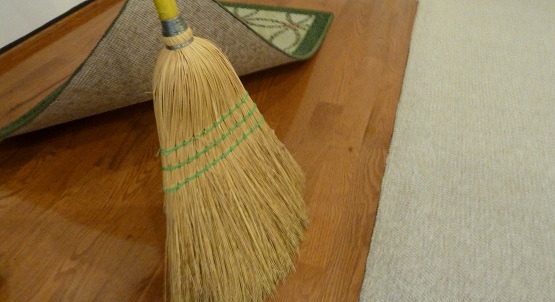Jump through Hoops
 Some animals have to jump through hoops to get what they want.
Some animals have to jump through hoops to get what they want.
People also jump through hoops.
We have to perform certain tasks to get what we want.
Several services require us to jump through hoops.
That is true for:
- Health care
- Insurance
- Government agencies
- Jobs
- Businesses
- Schools
Often, we must jump through several hoops.
Phone calls may mean:
- Make the call.
- Wait on hold.
- Transfer to another person.
- Wait on hold again.
- Leave a message or call back later.
Paperwork can include:
- Fill out a form.
- Wait.
- Fill out more forms.
- Wait again.
- Make a phone call to see what happened to the paperwork.
Have you been there and done that?
I have bad news and good news.
The bad news: We will probably have to continue jumping through hoops for most services.
The good news: Jesus loves us just as we are. If we give Him control of our lives, He will:
- Forgive our sins
- Offer guidance every day
- Give us eternal life
No hoops, just an invitation into the family of God and a home in heaven.
“For God so loved the world that he gave his one and only Son, that whoever believes in him shall not perish but have eternal life” (John 3:16 NIV).
Do you have an expression you want explained or a thought about this one? If so, please comment below.
Subscribe to receive my weekly posts by email and receive a free copy of “Words of Hope for Days that Hurt.”
If you enjoyed this post, please share it with your friends.
 A rolling stone gathers no moss is more than a
A rolling stone gathers no moss is more than a  Some people never
Some people never  If we hole up somewhere, we find a place to hide.
If we hole up somewhere, we find a place to hide. 
 My husband is one tough cookie. The way he handles hard times amazes me.
My husband is one tough cookie. The way he handles hard times amazes me. Some work we love. Some work we hate. Much work we do as a labor of love.
Some work we love. Some work we hate. Much work we do as a labor of love.  We can’t go back when we burn our bridges behind us.
We can’t go back when we burn our bridges behind us. If we spin our wheels, we move but get nowhere.
If we spin our wheels, we move but get nowhere. Come clean is the opposite of
Come clean is the opposite of 